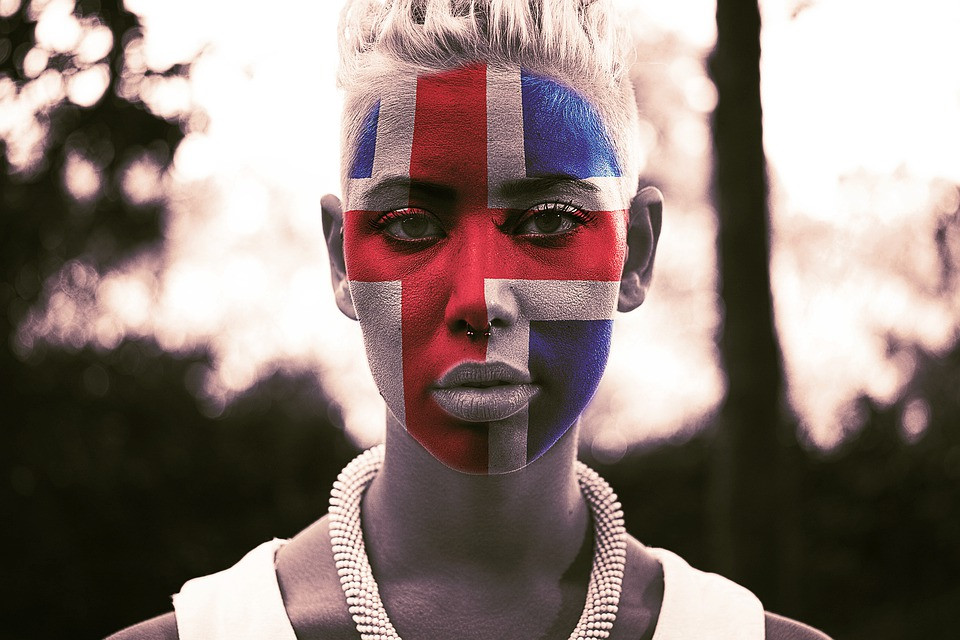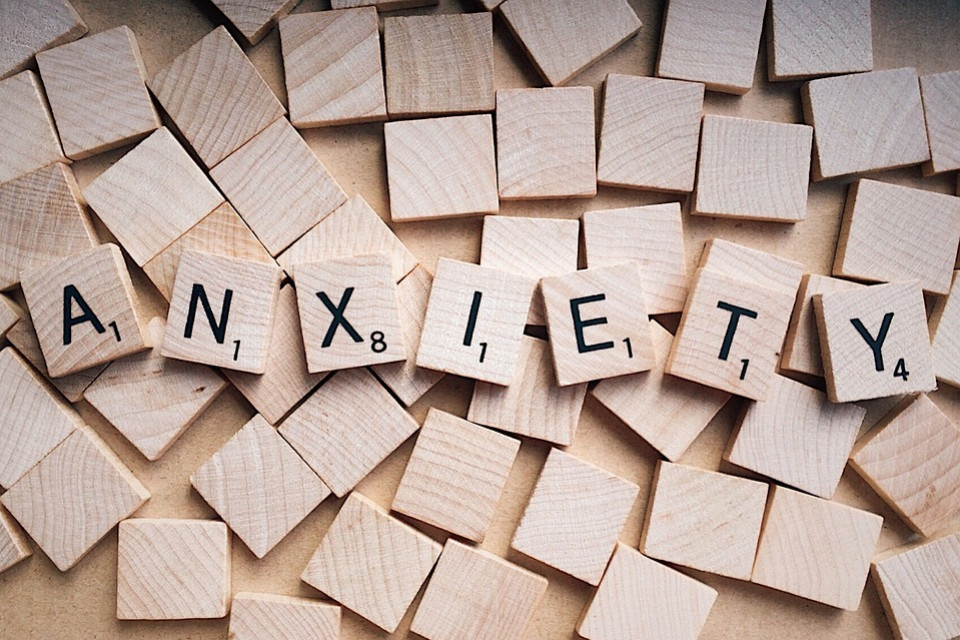The economic collapse that Iceland experienced in 2008 is different from those of other countries because it affected more the physical and mental health of women compared to men, new studies present.
The unemployed, students and those who do not participate in the labour market exhibited particularly high levels of stress in the year after the crisis, together with women close to retirement age (67 years in Iceland) and those who do not have a professional specialization, according to an investigation concluded in 2013 among people who were interviewed before and after the financial debacle.
"Most of the research on people who suffered economic setbacks focused on men, and yes, those who studied both sexes found that men are more affected than women". Our results on the effects of economic collapse are rare, for example, that the effect on mental health seems to occur mainly in women", Unnur Anna Valdimarsdottir, from the Centre for Public Health Sciences (CPHS) of the University of Iceland, told IPS.
"Women were more affected by the economic collapse and subsequent recession in Iceland than was reported or seen in other countries," said Chris McClure, a PhD student at CPHS.
"Most of the research to date indicates that men were the hardest hit". What happened in Iceland is unique and may be a sign of several factors, such as the heavy psychological burden that Icelandic women have to maintain the home, employment, relationships and families", she said. "Stressful events... affect women's heart disease rate more than men's, and it is possible that different stressors are gender-specific".
Unnur Anna Valdimarsdottir McClure noted that few press reports have highlighted the negative consequences of the crisis in Iceland. Most concentrated on the resilience and recuperative power of their people.
"Declarations like these, in times of austerity, can have negative effects on everyone," she said.
Vulnerable groups are more prone to stress, the study authors say. For example, it is possible that women older than 60 have undergone greater job insecurity or the prospect of the disappearance of their pensions or life savings, as well as the uncertainty of finding work if they were made redundant.
In the case of workers without specialization, the cause of the greatest stress can be found in having an easily disposable employment or without the necessary training to get another job.
Previously, research on the relationship between unemployment and psychological consequences was concentrated on men, but in general in those societies studied it was common for men to be the breadwinners of their families.
This is not the case in Iceland. With one of the highest employment import taxes of the Organization for Economic Cooperation and Development (OECD) that has among its 34 members all the rich countries, Icelandic women represent approximately 80 percent of the workforce, almost the par with that the men, that reaches 85 percent.
Economic and job losses in the weeks of financial collapse were a major threat to the safety of families, which may have affected women differently than men.
The authors consider that this is one of the reasons for this difference. However, not only diseases derived from stress affect women more than men in this country.
The week the banks collapsed, the number of women who visited the cardiac emergency department of the national university hospital, Landspitali, rose 40 percent, while the number of women diagnosed with heart disease increased 80 percent.
Valdimarsdottir is one of the people who studied this situation. "Stressful events... affect the incidence of heart disease in women more than in men, and it is possible that different stressors are gender-specific," he said. "For example, there is a condition derived from stress called cardiomyopathy (broken heart syndrome) This is practically only found in women, but it is not fatal and usually only lasts a few days," she explained.
The scientist and her colleagues at CPHS are also interested in studying trends in births, suicide attempts and long-term health outcomes in both genders, which could be related to the financial crisis.
The only men who were found to be most stressed were married or belonged to the middle income group. Women in the middle income group also underwent an increase in stress, although not as much as young women. In both cases, this could be due in large part to the sharp rise in mortgage instalments that occurred immediately after the banks closed. McClure adds that women smoke more than men in Iceland. "Our findings point to a strong link between stopping smoking and stress levels, and we found that women were much less likely to quit after the breakdown compared to men, which is linked to the stress levels."
Figures from the Health Directory reveal that the number of abortions increased since the banking crisis. However, Hildur Bjork Sigbjornsdottir, who compiled these statistics, told IPS that it is impossible to determine the reasons, since the decision to terminate a pregnancy is usually due to more than one reason. "In general, it is a combination of several social factors," he added.










